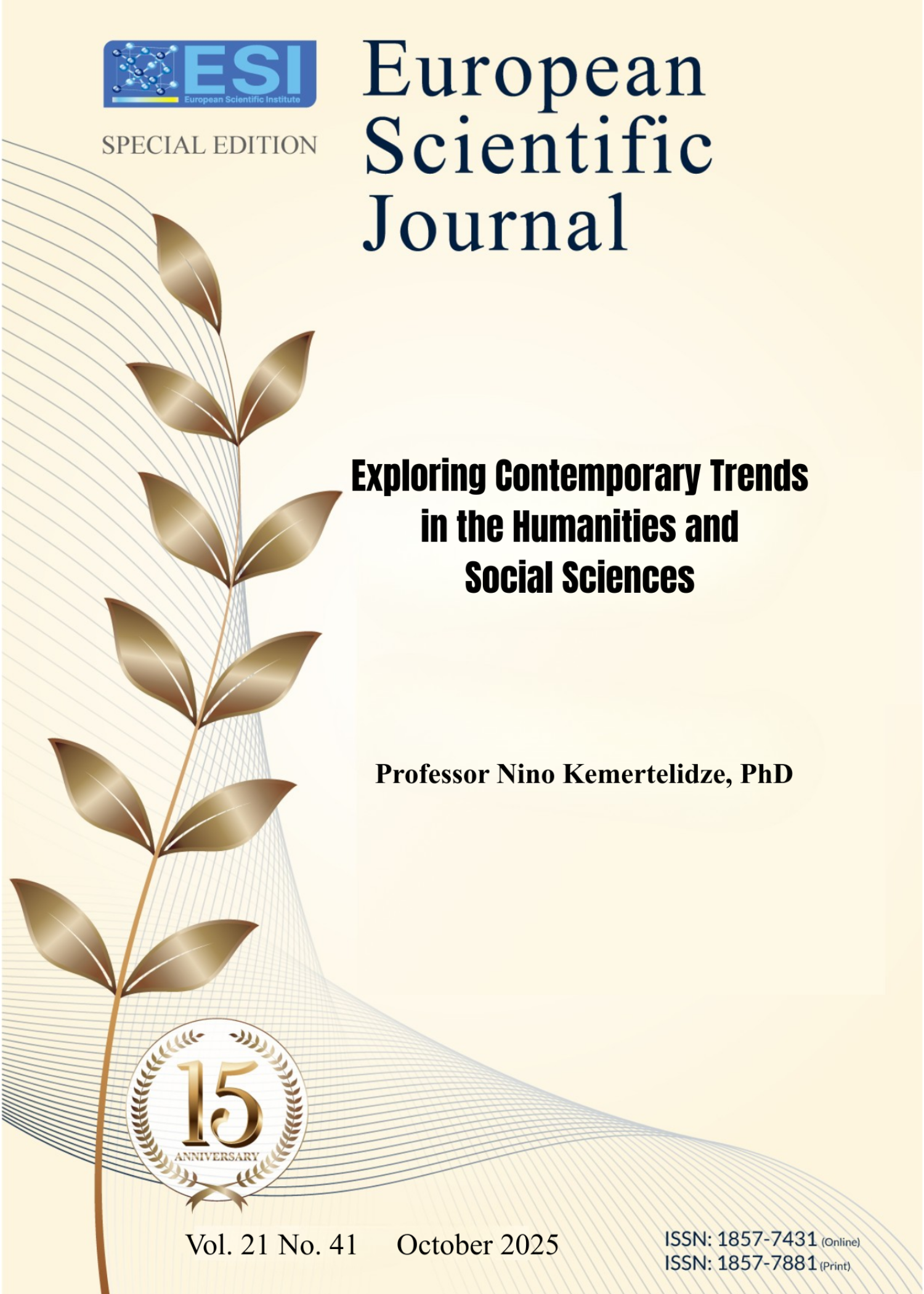Literary Titles as Narrative Gateways: Exploring Novels, Drama, and Poetry
Abstract
Titles play a pivotal role in literature, serving as both a gateway and a symbolic microcosm of the narrative. This paper examines the role of literary titles as narrative gateways across various genres, including novels, drama, and poetry. By analyzing titles from plays, classic novels, and poetic works, the study explores how titles serve as entry points into the thematic and emotional landscapes of diverse literary forms. Through this exploration, the paper demonstrates the significance of titles in shaping reader expectations and enhancing the interpretive experience across different genres. This study categorizes literary titles into five distinct groups: descriptive titles, misleading titles, revelatory titles, titles borrowed from other literary works, and thematic titles. The study highlights how titles enhance narrative engagement, reflect thematic depth, and create intertextual connections. Through this classification, the paper emphasizes the aesthetic, philosophical, and interpretive dimensions of titles in literary fiction, offering insights into their enduring significance.
Downloads
PlumX Statistics
References
2. Booth, W. C. (1983). The Rhetoric of Fiction (2nd ed.). University of Chicago Press.
3. Gibbons, A., & Whiteley, S. (2018). Contemporary Stylistics: Language, Cognition, Interpretation. Edinburgh University Press.
4. Gibraltarskaya, O. N. (2017). The Forms of Author’s Presence in Prosaic and Dramatic Literary Work. International Journal of Language and Literature, 5 (1), 79-86.
5. Jacobs, A. M., & Kinder, A. (2022). Computational analyses of the topics, sentiments, literariness, creativity and beauty of texts in a large corpus of English literature. arXiv. https://doi.org/10.48550/arXiv.2201.04356
6. Kemertelidze, N. & Giorgadze, M. (2024). Unlocking the Secrets of Language: A Journey through English Stylistics. Lambert Academy Publishing.
7. Kozma, M. P. (2016). Title as a Way to Decode Literary Texts. Linguistics, 10-1, Orenburg State Pedagogical University, 85-87.
8. Rakusan, K. (2016). The importance of titles. Pulsus Group. Retrieved from https://www.pulsus.com/scholarly-articles/the-importance-of-titles.html
9. Stanzel, F. K. (1984). A Theory of Narrative (C. Goedsche, Trans.). Cambridge University Press.
10. https://projectnarrative.osu.edu/about/what-is-narrative-theory (retrieved 5.02.2025)
Copyright (c) 2025 Nino Kemertelidze, Meri Giorgadze

This work is licensed under a Creative Commons Attribution 4.0 International License.








